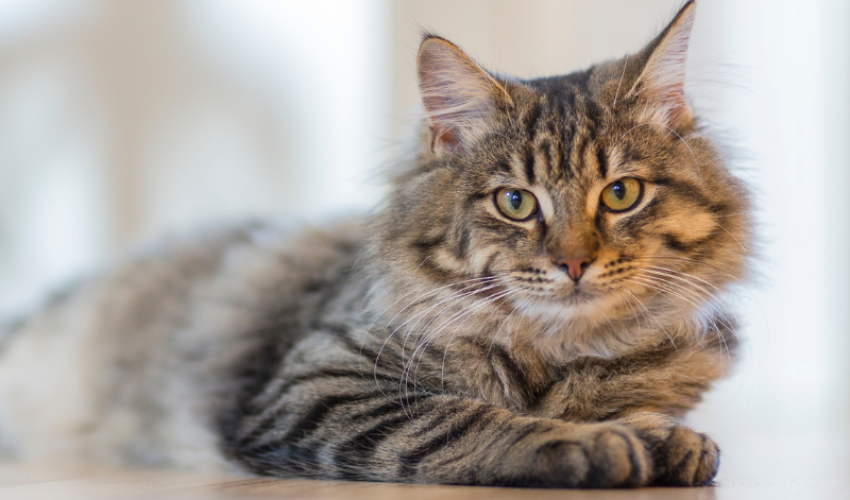
Gingivitis is a condition of the gums that can affect humans and pets alike. In cats, gingivitis presents as swelling in the gums in response to excessive plaque build-up. Plaque contains bad bacteria that can attack the gum and periodontal tissue which, if left unchecked, can result in more serious oral health issues like periodontal disease.
Signs and Symptoms of Gingivitis
Gingivitis is a relatively easy condition to recognize, particularly when it’s in its advanced stages Some signs and symptoms of gingivitis in cats include a visible plaque and tartar build-up on the teeth, halitosis/bad breath, red and inflamed gums near the teeth facing the inner cheek, drooling, loss of appetite, favoring one side of the mouth, and yowling when eating.
How Can Regular Oral Care Prevent Gingivitis?
Plaque control is the most effective way of preventing gingivitis in cats and can easily be done every day at home. Brushing your cat’s teeth using specially formulated pet-friendly toothpaste can help to remove plaque and tartar build-up before it calcifies, preventing the accumulation of inflammatory bacteria in the gum line. You can also use water additives that assist with plaque control; however, brushing is generally more effective.
If your cat is already showing signs of gingivitis, your best option is to seek veterinary treatment. Performing regular veterinary dental cleanings, and maintaining a regular oral care routine at home, is the best option for keeping your cat’s mouth clean and free from disease.
How Does The Animal Doctors Treat Oral Health Issues Like Gingivitis?
The Animal Doctors team provides a range of dental care services that cover both remedial and preventative treatment for gingivitis, ensuring that no matter what state your cat’s oral health is in, there are steps you can take to keep your cat’s breath smelling fresh and their oral health top-notch.
In terms of preventative care, The Animal Doctors provides the following dental care services:
- General assessment and dental health screening
- Digital dental X-ray imaging
- Dental scale and polishing
- Extraction and treatment of fractured or abnormally formed teeth
Taking the time to establish and maintain an oral care routine will save both you and your cat potential pain and suffering down the line, so come and visit The Animal Doctors team for a consultation if you believe your cat is suffering from bad oral hygiene.
The Animal Doctors services the entire San Francisco Peninsula, including Atherton, Cupertino, East Palo Alto, Los Altos, Los Altos Hills, Menlo Park, Mountain View, Palo Alto, Portola Valley, Redwood City, Stanford, and Woodside.


